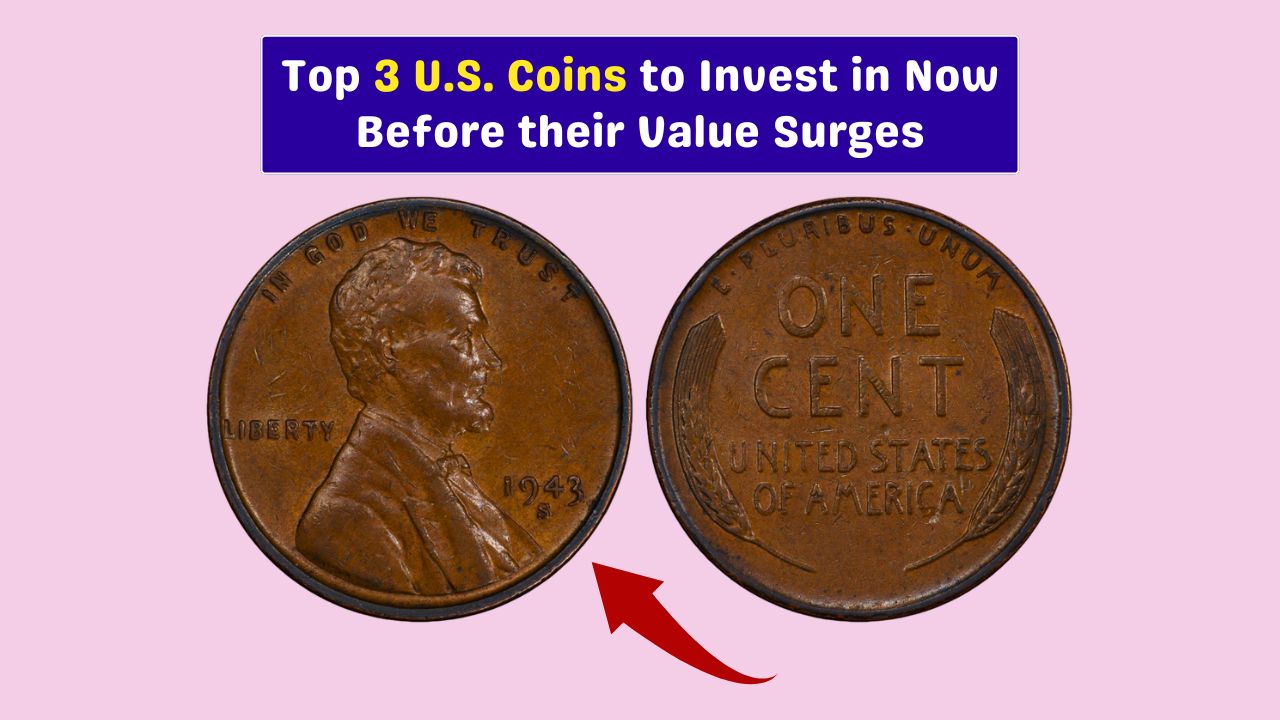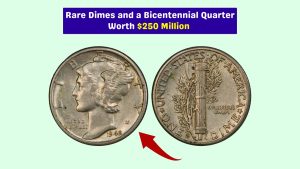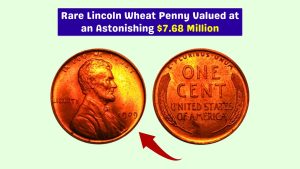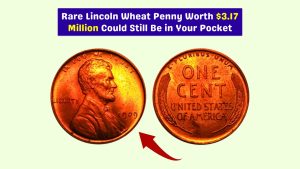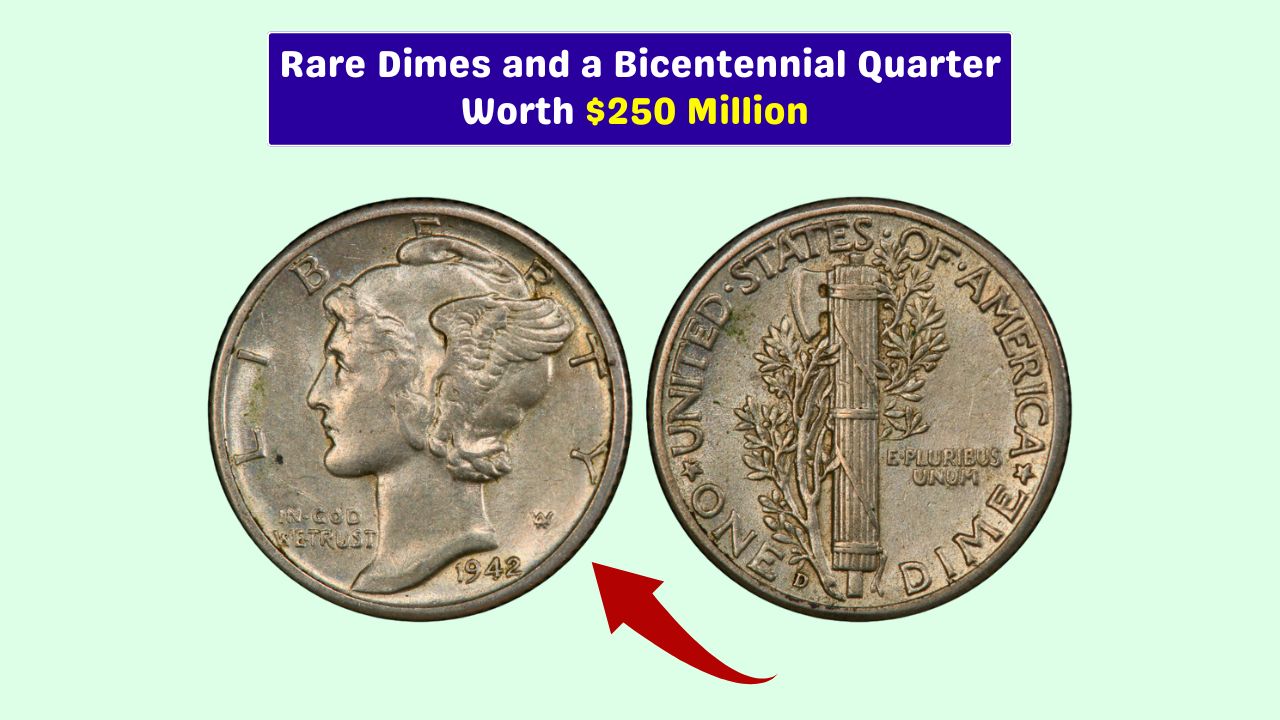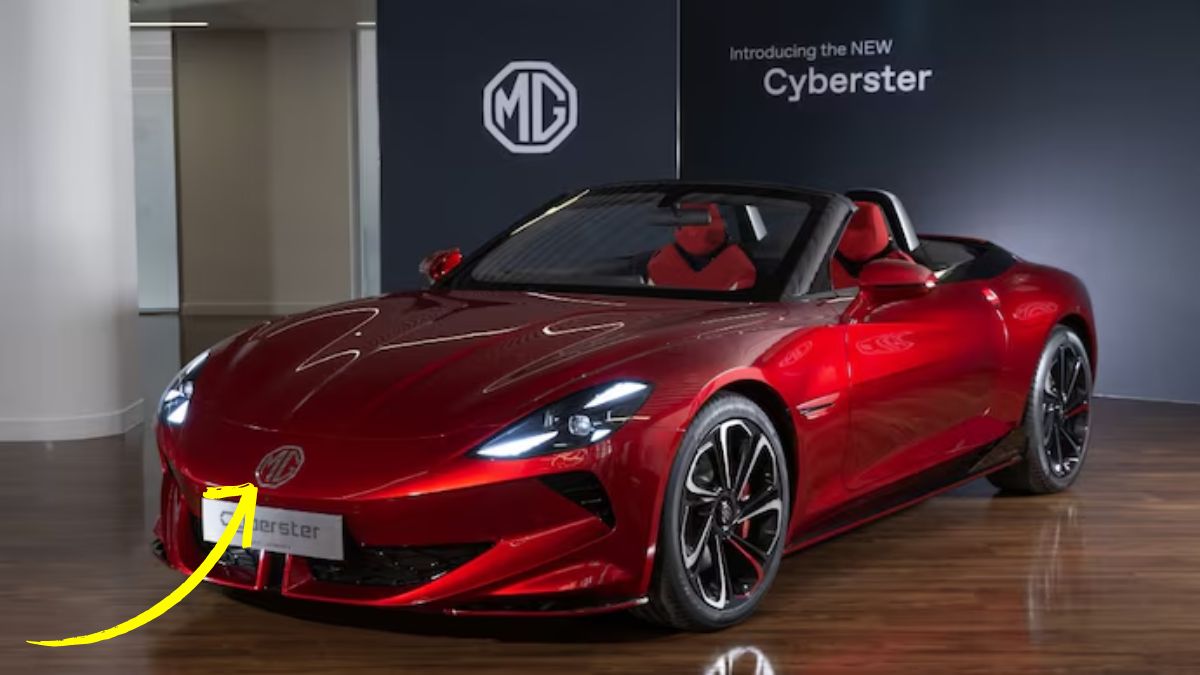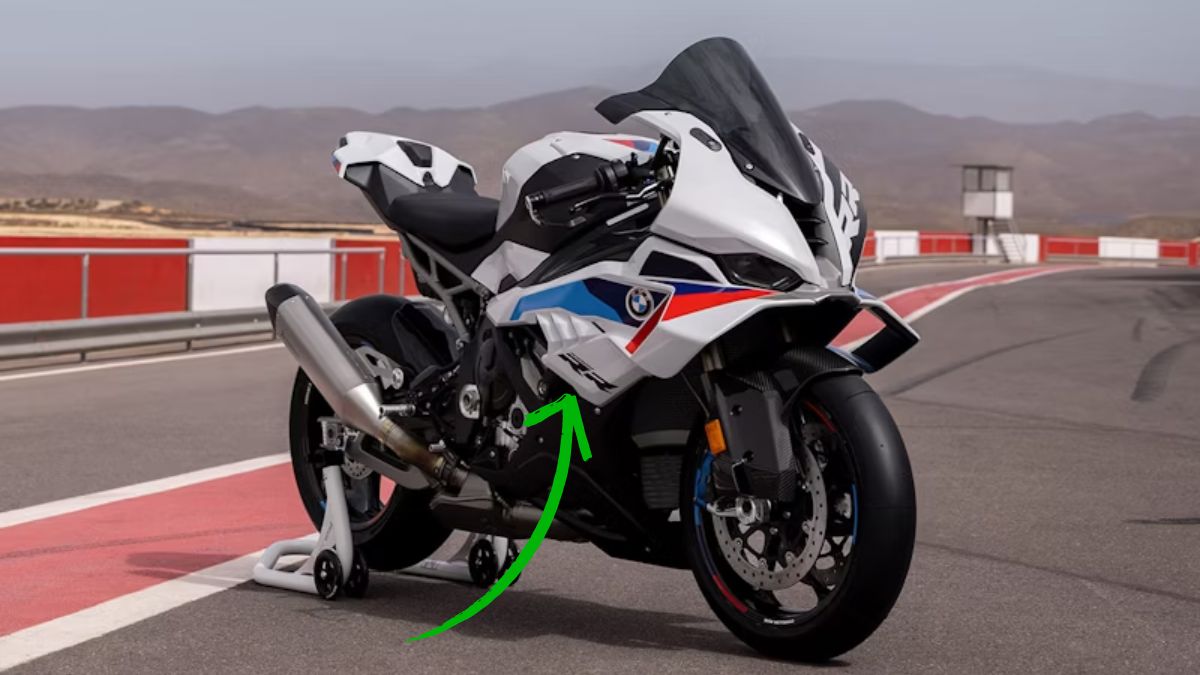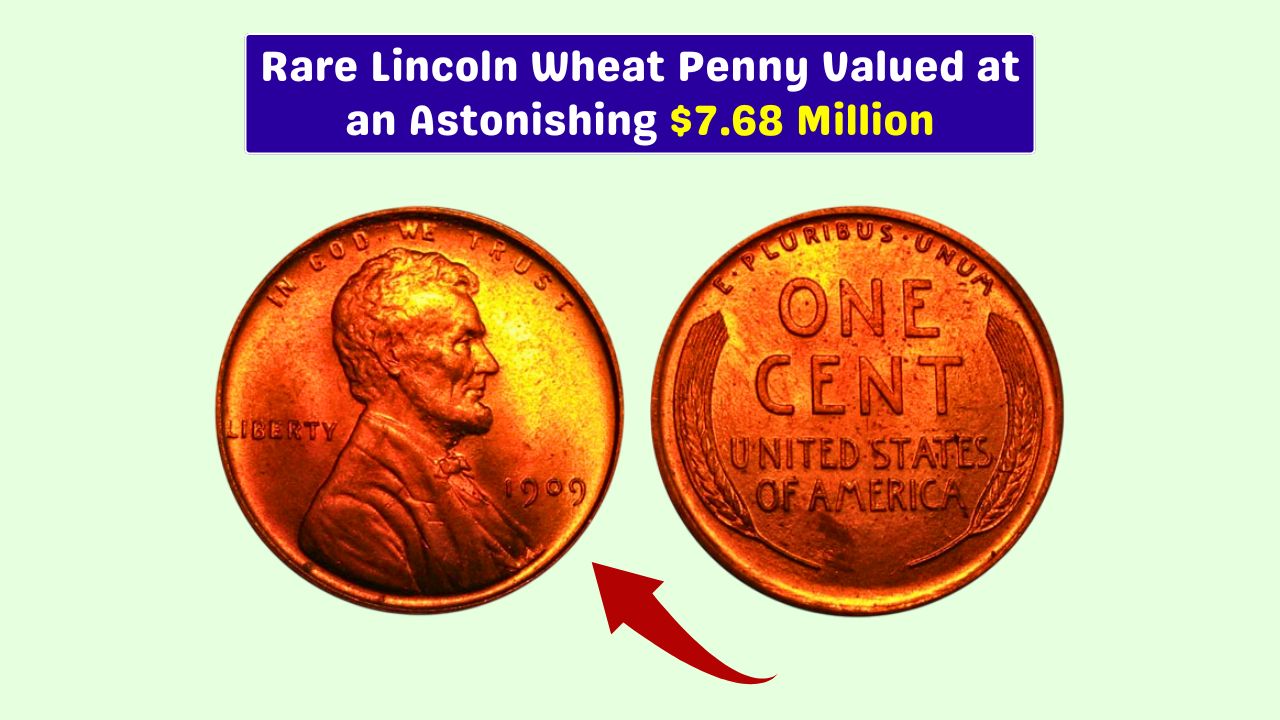Coin collecting isn’t just a fun hobby—it can also be a smart investment. Over the years, certain rare coins have massively increased in value, and experts believe that some U.S. coins are only going to get more valuable by 2025.
So, if you’ve got a coin jar or old collection lying around, it might be time to take a closer look.
In this article, we’ll walk through three specific U.S. pennies that are gaining attention in the collector world. These coins aren’t just rare—they’re potential goldmines in your pocket change.
Bronze
First up is the 1943 Bronze Lincoln Penny. During World War II, copper was needed for the war effort, so the U.S. Mint switched to steel for pennies. But by accident, a few bronze blanks made it through and were struck anyway.
These bronze versions are incredibly rare, with only a handful ever observed. Most people think all 1943 pennies are steel, so bronze ones often go unnoticed. The easiest way to tell? Try using a magnet—steel sticks, bronze doesn’t.
If you find a 1943 penny that doesn’t stick to a magnet, get it checked by a professional. These coins have sold for anywhere between $100,000 to $500,000 at auction. Not bad for a penny, right?
Doubled
Next is the 1969-S Doubled Die Obverse Lincoln Penny. What makes this one special is a dramatic minting error. The letters on the front—especially “LIBERTY” and “IN GOD WE TRUST”—appear to have been stamped twice, creating a bold doubling effect.
This isn’t a faint or barely visible error—it’s obvious even without a magnifying glass. That’s why collectors love it. But be careful—there are a lot of fake versions out there, so authentication is key.
If yours is real and in good condition, it could fetch anywhere from $20,000 to $50,000. That’s enough to fund a down payment on a home—or a dream vacation.
Small
Finally, there’s the 1970-S Small Date Lincoln Penny. At first glance, it looks just like a regular penny. But the difference is all in the date. The “small date” version is a bit more compact and positioned differently than the regular one minted the same year.
This subtle difference makes it rare and collectible. Many people overlook this coin because the variation is so small—but collectors know how to spot it.
If you happen to find one in excellent condition, it could bring in anywhere between $3,000 and $10,000. Definitely worth more than face value!
Table
Here’s a quick summary of these valuable pennies and what they might be worth:
| Coin Name | Year | Key Feature | Estimated Value |
|---|---|---|---|
| 1943 Bronze Lincoln Penny | 1943 | Struck in bronze | $100,000 – $500,000 |
| 1969-S Doubled Die Obverse Penny | 1969 | Doubling in text | $20,000 – $50,000 |
| 1970-S Small Date Lincoln Penny | 1970 | Small date variation | $3,000 – $10,000 |
Whether you’re a seasoned collector or just someone cleaning out old drawers, these coins are worth looking for. A simple penny could turn out to be a jackpot in disguise.
Keep an eye out for unique features and minting errors—they could lead to a serious payday by 2025.
FAQs
How do I test a 1943 penny for bronze?
Use a magnet—bronze won’t stick, but steel will.
What does ‘doubled die’ mean?
It means the coin’s text was stamped twice by error.
Why is the 1969-S penny valuable?
Its doubling error makes it rare and sought after.
How can I spot a small date 1970-S penny?
Look for a thinner, more compact date on the coin.
Can these coins be in circulation still?
Yes, rare coins still pop up in pocket change today.
